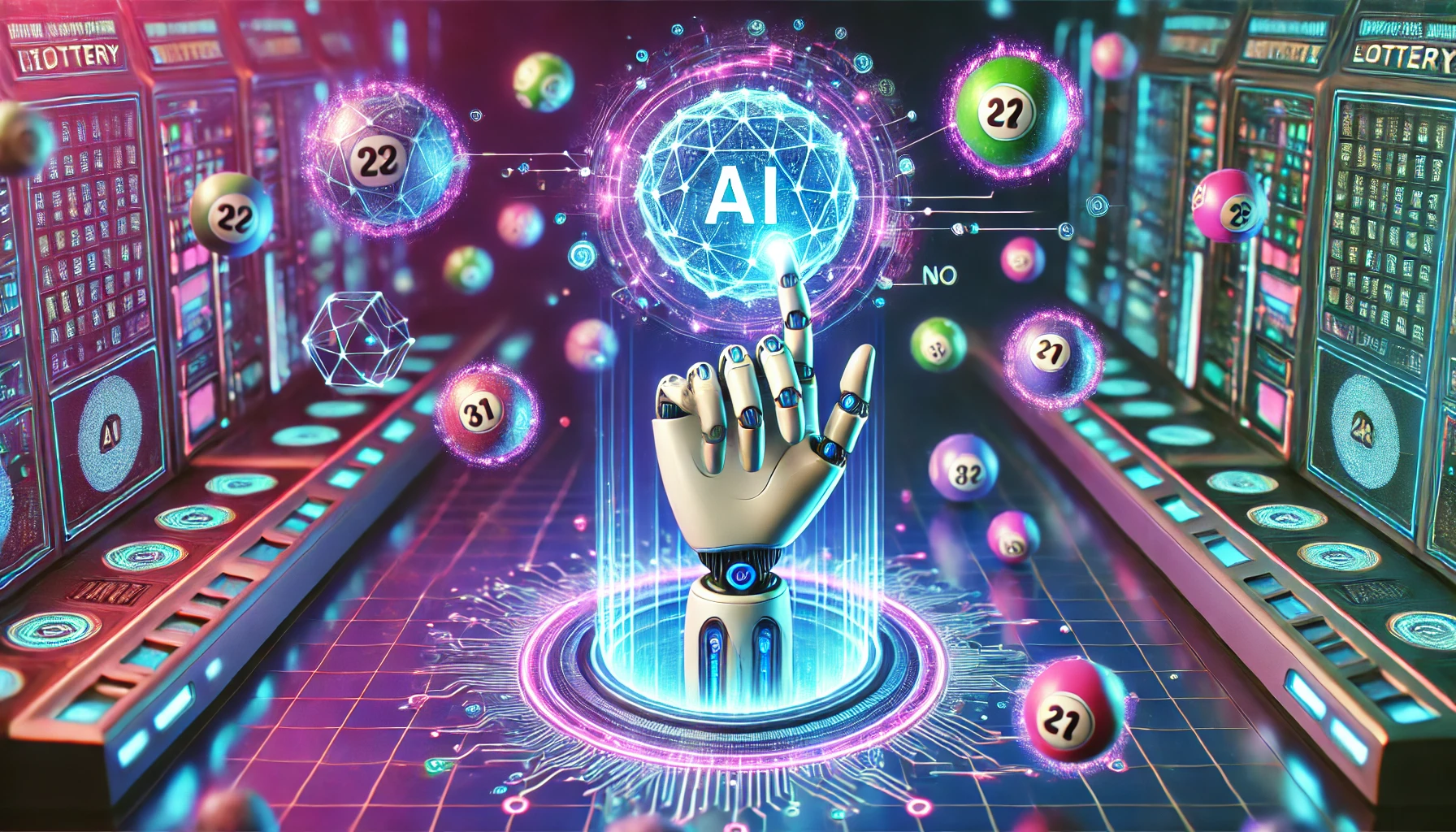
How Artificial Intelligence is Shaping the Future of Lottery Games
Artificial intelligence (AI) is revolutionizing many industries, and the lottery sector is no exception. The application of AI technology in lottery games promises to enhance security, streamline operations, and provide a more personalized experience for players. This article explores the profound ways AI is transforming lottery games, discussing its impact on game mechanics, data analytics, and user engagement.
1. Enhancing Security and Fairness in Lotteries
One of the most significant applications of AI in lottery games is improving security. In traditional lottery games, security is paramount to ensure fair play and to prevent fraud. With the integration of AI, lotteries can now detect and prevent fraud more effectively by analyzing patterns and detecting anomalies that human operators might miss. This improvement is essential as the lottery industry continues to grow, bringing with it an increase in transactions and player activity that can be challenging to monitor manually.
In addition to identifying suspicious behavior, AI can enhance encryption methods to protect sensitive information. By analyzing data in real-time, AI provides constant monitoring and alerts operators to potential threats. This process goes beyond simple algorithms, as AI can learn and adapt to new patterns of fraudulent activity, making it a powerful tool against fraud. Such advancements are particularly crucial in today’s digital environment, where cyber threats are continuously evolving.
Using AI to Detect Fraud Patterns
AI algorithms can analyze large datasets to identify suspicious patterns or potential fraud. By learning from historical data, AI can flag irregular activities, ensuring that only legitimate transactions occur. This advancement protects both the players and the operators, building trust within the industry and safeguarding the integrity of the games. Moreover, AI-driven security systems are designed to improve over time, becoming more effective as they gather more data and learn from previous incidents.
As a result, AI not only improves the security of lottery games but also helps maintain fair play. This fairness is essential to preserving player confidence, which is a cornerstone of the lottery industry. With AI, lotteries can create a more transparent gaming environment, where players feel assured of the legitimacy and fairness of each draw.
2. Personalizing Player Experience with AI
Another way AI is changing the lottery landscape is through personalization. AI-driven analytics can track player preferences and gaming behavior, allowing lottery companies to tailor their offerings to individual players. This personalization can make lottery games more engaging and enjoyable, potentially increasing customer loyalty and player satisfaction. As competition in the industry grows, providing a unique and tailored experience has become a key differentiator among lottery providers.
AI helps companies analyze data from multiple sources, such as purchase history, frequency of play, and game preferences, to create profiles of individual players. By understanding these preferences, AI enables lottery providers to suggest games or promotions that resonate with each player. This tailored approach not only enhances user experience but can also lead to increased engagement and customer retention.
AI-Driven Recommendations and Customized Promotions
By analyzing user data, AI systems can offer personalized recommendations, such as suggesting numbers based on previous selections or promoting games that align with a player’s interests. Additionally, AI can help design customized promotions, increasing the relevance of offers and enhancing player engagement. These personalized experiences reflect a shift in the lottery industry towards user-centric design, where the needs and preferences of players are prioritized.
Personalization goes beyond recommendations; AI can adjust the frequency and timing of notifications or promotions to suit individual player habits, providing reminders and updates in a way that feels natural and welcomed rather than intrusive. This level of customization is becoming the norm in the digital world, and the lottery industry’s adoption of AI for personalization is part of a larger trend toward creating more engaging and satisfying user experiences.

3. Optimizing Lottery Game Design and Operation
AI also has a transformative role in the design and operational aspects of lottery games. With the ability to process large datasets, AI can inform decision-making for game developers and lottery operators, improving game mechanics and optimizing prize distribution. This shift towards data-driven development allows the industry to continuously improve game offerings, ensuring they remain exciting and relevant for players.
For instance, AI can analyze which types of games are most popular or assess player feedback to make adjustments to game formats. This feedback loop enables developers to refine games based on real-world data, creating a more dynamic and responsive gaming environment. By identifying successful elements, AI assists in creating games that are both enjoyable and challenging, catering to a wide range of player preferences.
Using AI for Data-Driven Decision Making
AI analytics provide insights into popular game features, optimal prize structures, and even the best times to release new games. These data-driven decisions can lead to a more engaging and balanced game experience for players. By continually learning from game performance, AI helps ensure that lottery offerings remain exciting and competitive. Furthermore, AI can assist in determining the ideal frequency and value of jackpots, balancing player interest with sustainable payouts.
As AI continues to advance, its role in game design and operation will likely expand, offering even greater insights that can help developers innovate. This ongoing evolution ensures that lottery games will continue to grow and adapt, meeting the changing expectations of players and the demands of a competitive market.
